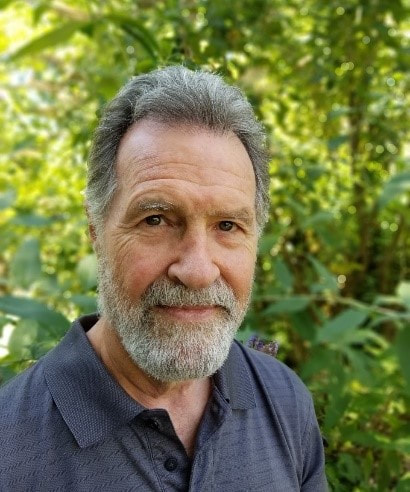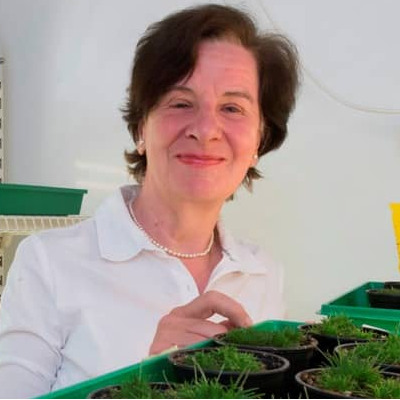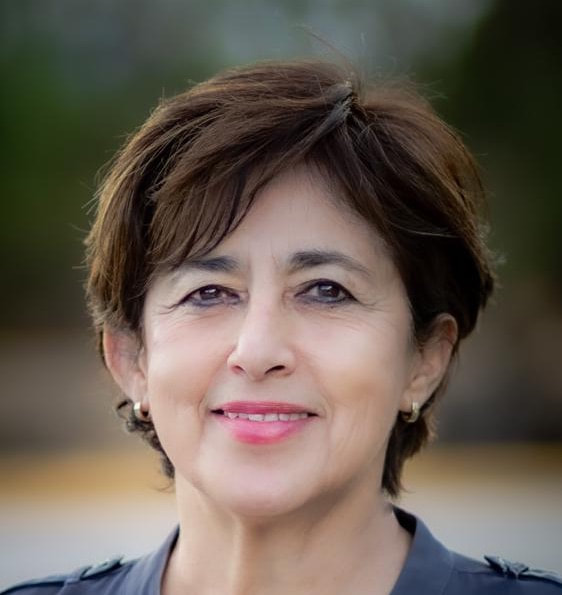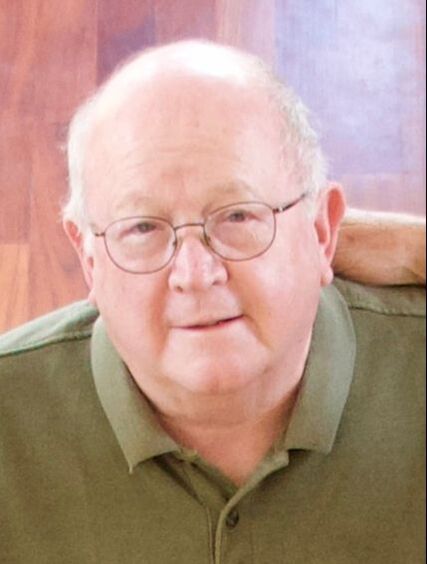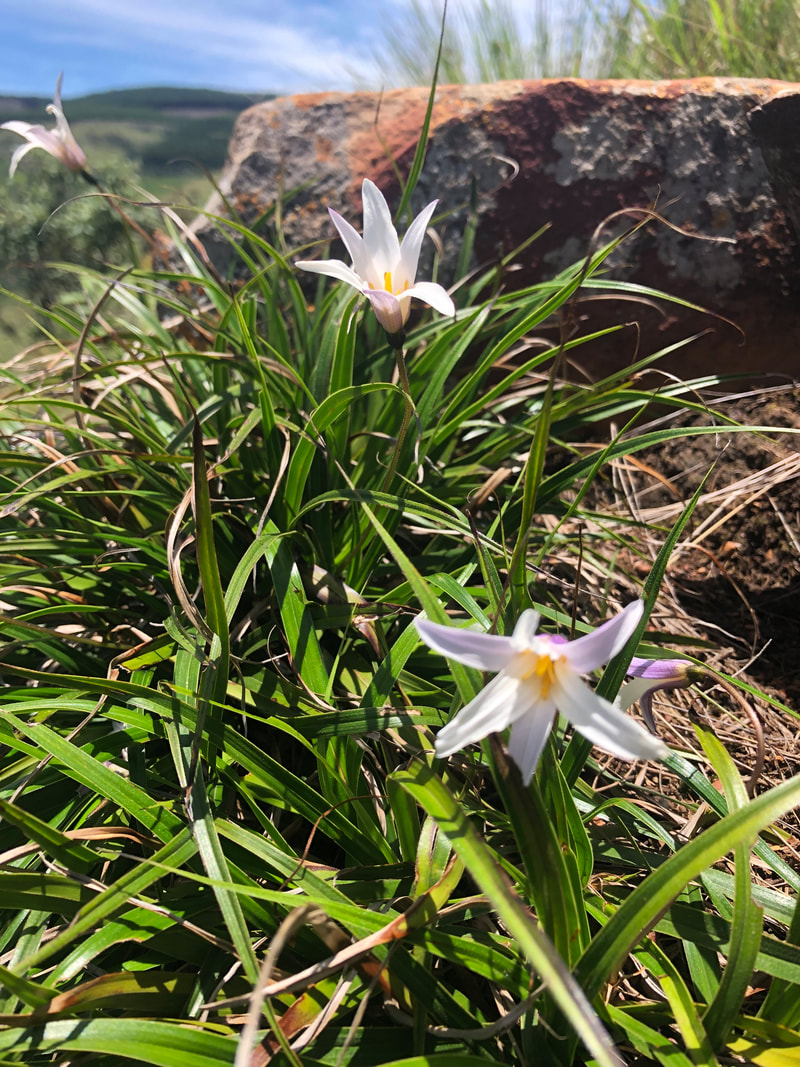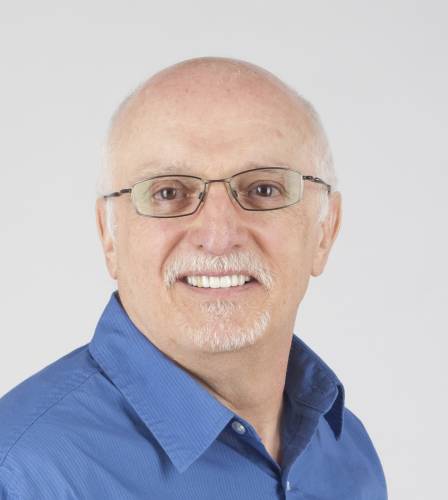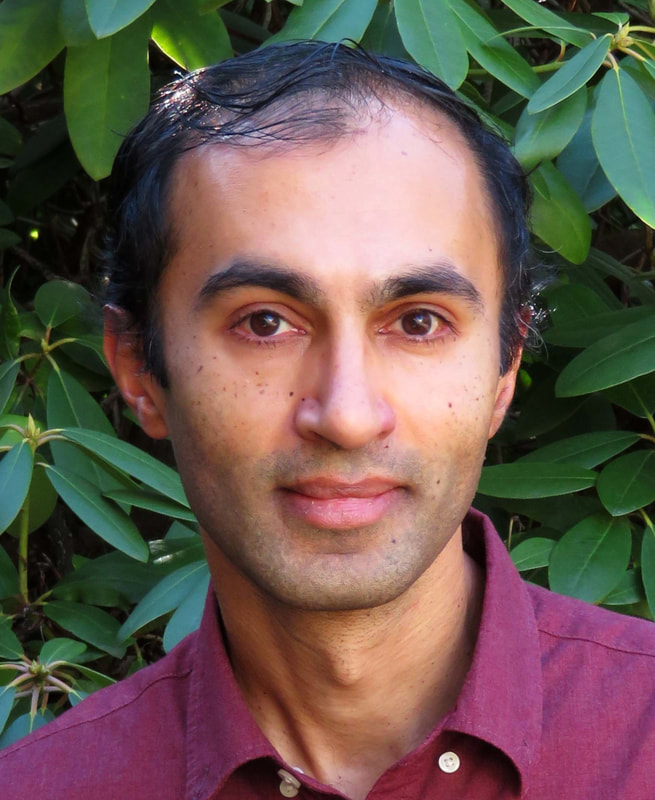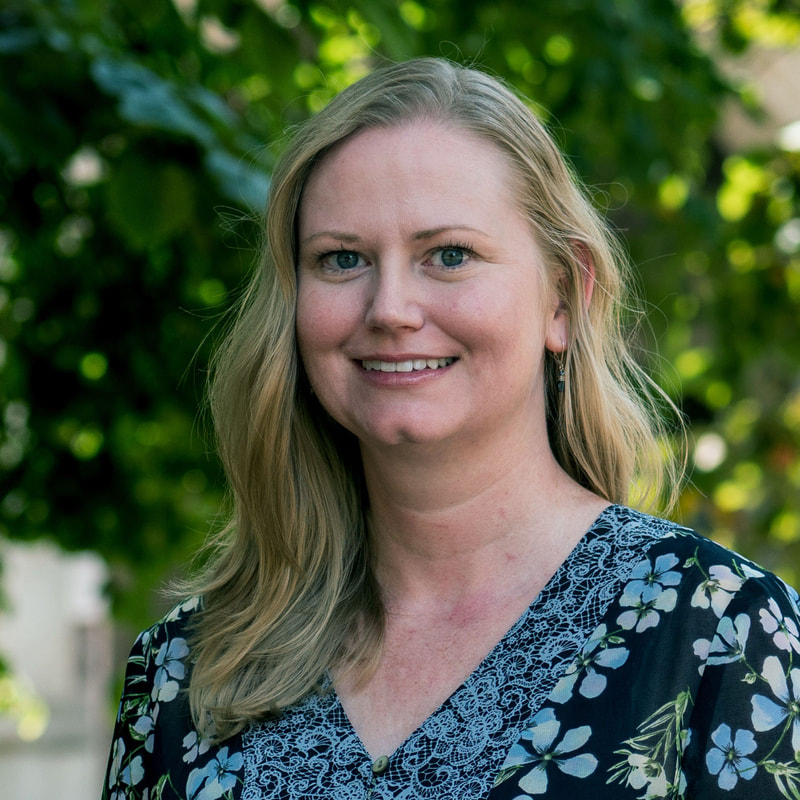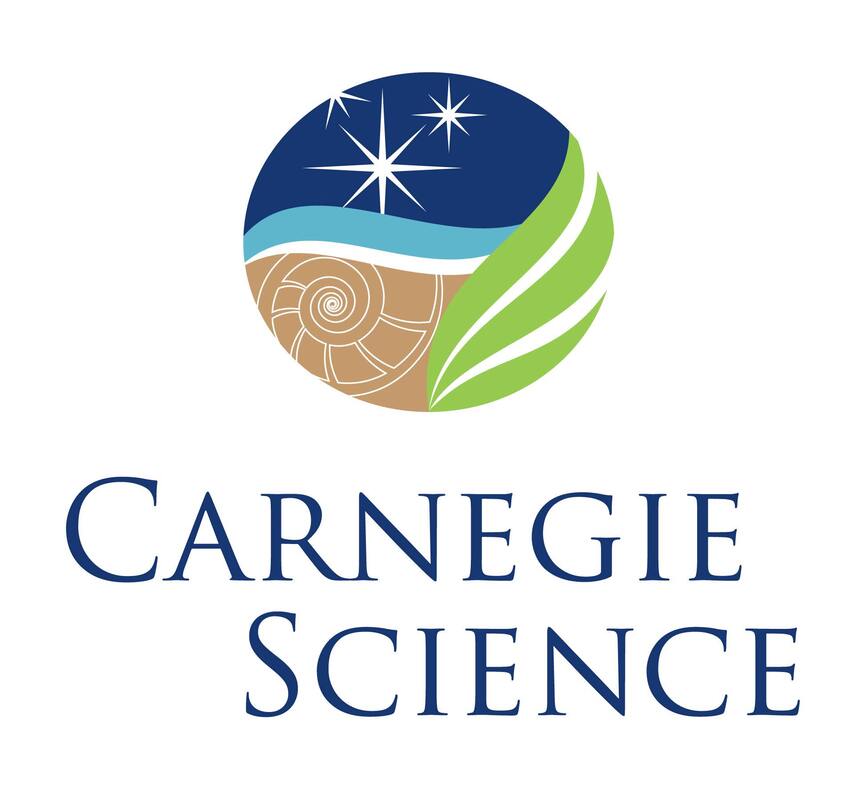Researcher Spotlight
John CroweProfessor Emeritus, Molecular and Cellular Biology, College of Biological Sciences, UC Davis
John H. Crowe is a Professor Emeritus of Molecular and Cellular Biology in the College of Biological Sciences at the University of California, Davis. He earned his B.S. in Biology and Chemistry from Wake Forest College and his Ph.D. in Biology from University of California, Riverside. With his wife and research partner, Lois, he led pioneering work toward understanding the dehydration and rehydration mechanisms of cryptobiotic organisms, including tardigrades. His contributions included the discovery of trehalose as a protectant for cell membranes, and the use of trehalose and other cryoprotectants for the preservation of human blood components, including platelets, for longer-term storage. In 2018, John and Lois Crowe received the UC Davis Medal, which recognizes individuals of rare accomplishment “to be heralded today and in perpetuity” as special members of the UC Davis community. The following year they were awarded the “Lifetime Achievement Award” for research by California business. |
jill farrantProfessor, Department of Molecular and Cell Biology, University of Cape Town
Professor Jill Farrant holds a South African Department of Science and Innovation – National Research Foundation Chair in “Systems Biology Studies on Plant Desiccation Tolerance for Food Security” in the Department of Molecular and Cell Biology, University of Cape Town, South Africa. She utilizes a multidisciplinary approach to understand protection mechanisms associated with vegetative desiccation tolerance, and its regulation, with the ultimate aim of producing drought tolerant crops for food security. She has received considerable recognition for her research, having achieved 11 national and international awards, and her work has been the subject of several international documentaries, which can be found on her website. Farrant has 152 peer-reviewed publications, 16 book chapters, over 200 conference proceedings, and has graduated 36 MSc students and 30 PhD students during the 29 years she has been an academic. She is a Fellow of the AAS, RSSAf, TWAS and UCT, and a Member of ASSAf and OWSD. |
mel oliverAdjunct Professor, Plant Science & Technology, College of Agriculture, Food and Natural Resources, University of Missouri
Melvin J. Oliver is Adjunct Professor of Plant Science & Technology in the University of Missouri’s College of Agriculture, Food and Natural Resources. He earned his M.Sc. in biochemical genetics and Ph.D. in plant biochemistry at the University of Calgary, Alberta. His research is directed toward the identification and functional characterization of genes and cellular processes that are central to (or common to) all forms of dehydration tolerance in plants, in particular desiccation tolerance, and those that are unique to the ideotypes for each identified tolerance mechanism. These studies are also directed toward the goal of understanding the evolutionary link between mechanisms of desiccation tolerance and the mechanisms and genes involved in the response of desiccation-sensitive plants to water deficits (water stress responses in crops). The approach he has developed is best described as a merging of plant genomics and biochemistry with phylogenetics. Recipient of USDA Young and Senior Scientist of the Year Awards and Mid-West Area for Research Leadership and Center Directorship Award, he is also a Fellow of the American Association for the Advancement of Science and a Fellow of the American Society of Plant Biologists. |
Raghuveer ParthasarathyAlec and Kay Keith Professor, Department of Physics, The University of Oregon
Raghuveer Parthasarathy is a Professor in the Department of Physics at the University of Oregon and a member of its Institute of Molecular Biology and Materials Science Institute. He earned his B.A. in Physics from the University of California, Berkeley and his Ph.D. in Physics from the University of Chicago. His group explores biophysical topics, especially the structure and dynamics of the bacterial communities of the gut microbiome, using techniques based largely on advanced optical microscopy and computational image analysis. He recently published So Simple a Beginning: How Four Physical Principles Shape Our Living World (Princeton University Press), a general-audience book on how physical principles orchestrate the workings of living things. |
lucia straderAssociate Professor and PI, Department of Biology, Duke University
Lucia C. Strader is Associate Professor of Biology, and PI of the Strader Lab at Duke University. She earned her Ph.D. in Molecular Plant Sciences from Washington State University. Dr. Strader and her team are combining molecular biology, polymer physics theory and ML to identify plant activation domains in a wide range of plant species, from mosses to flowering plants. Their research focuses on a molecular understanding of auxin signaling, auxin homeostasis, and auxin crosstalk with other hormones. Understanding these molecular details can yield insight into strategies used by plants to alter growth in response to various environmental factors. |


